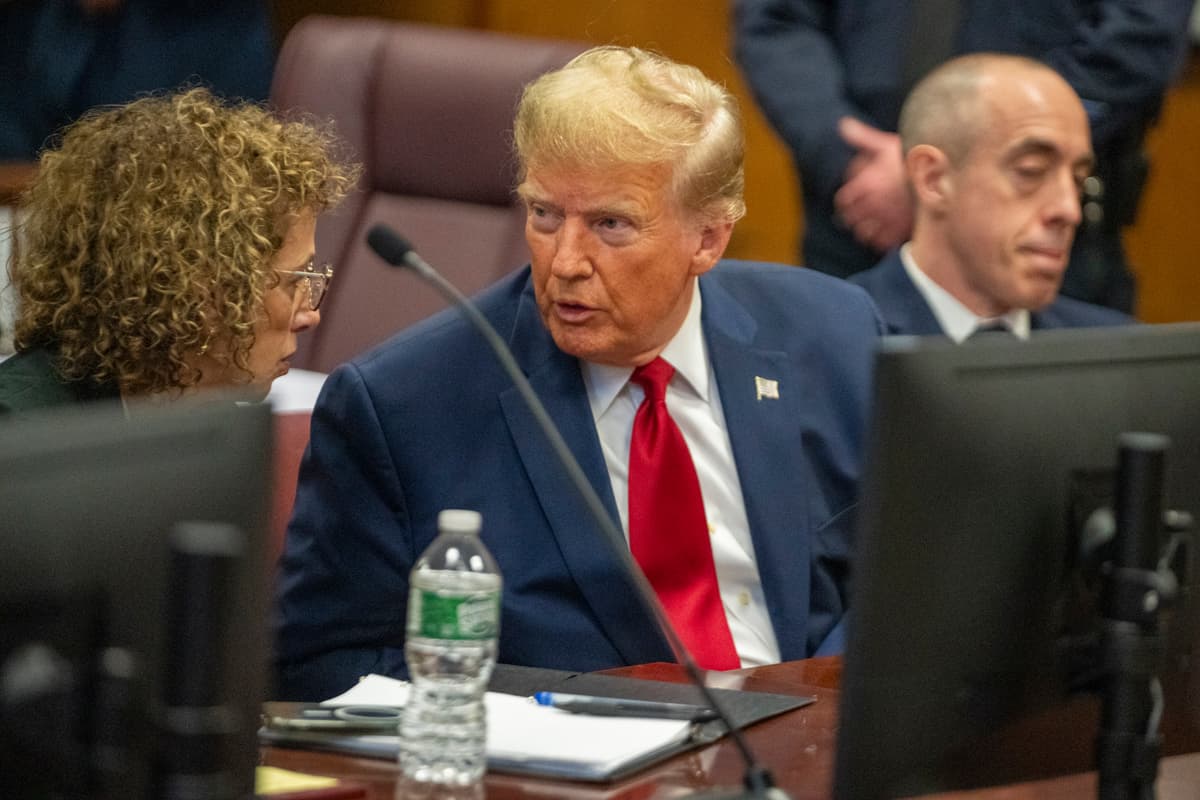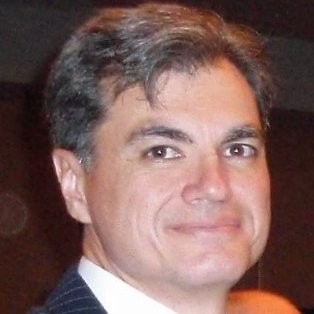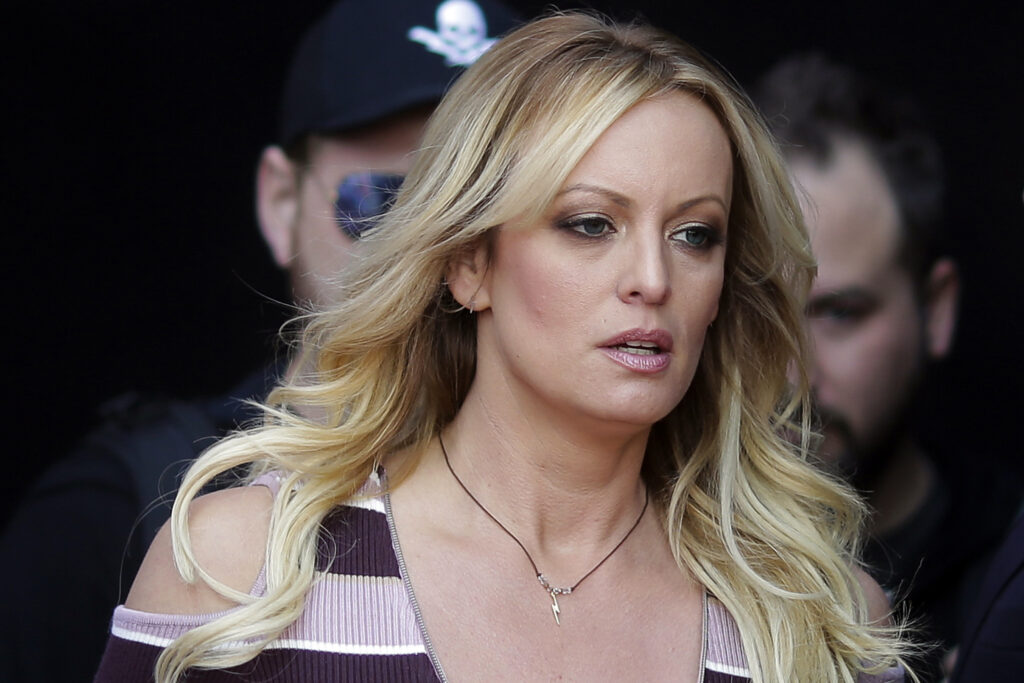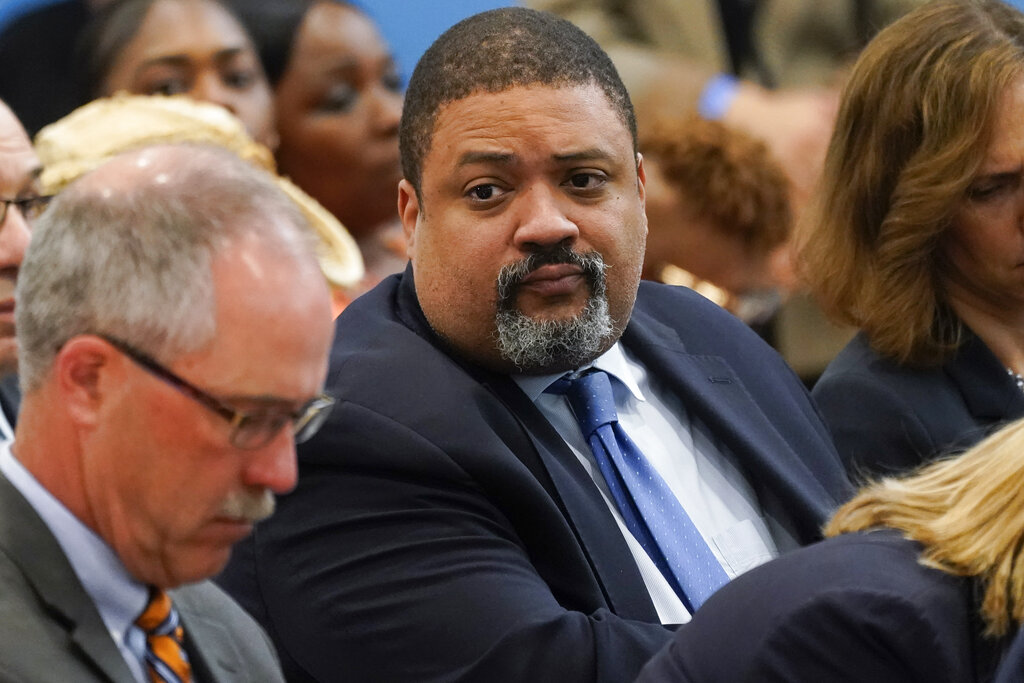Judge Delays Trump’s Stormy Daniels Hush Money Trial Until at Least April, as Prosecution and Defense Feud Over Reams of New Evidence
Trump’s attorneys are accusing the Manhattan district attorney, Alvin Bragg, of intentionally keeping the new evidence hidden to weaken the defense’s case.

The judge presiding over President Trump’s hush-money case delayed the trial, that was set to start on March 25 to at least mid April, in a court order filed on Friday.
“Trial on this matter is adjourned for 30 days from the date of this letter on consent of the People,” the New York State Supreme Court Judge, Juan Merchan wrote, referring to the prosecution.

The delay comes after the sudden disclosure of approximately 100,000 pages of new documents, as the Sun reported, which could serve as potential evidence for the defense in the case that the Manhattan district attorney, Alvin Bragg, has brought against Mr. Trump.
Defense attorneys filed a motion on March 8, which was released to the public last Thursday, asking the judge to dismiss the case entirely, or to delay it by three months. They are also seeking sanctions against Mr. Bragg for allegedly withholding “voluminous exculpatory evidence” that “undercuts the people’s theory of the case,” a defense attorney, Todd Blanche, wrote in reference to the district attorney’s office.

The judge scheduled a court hearing for March 25 to address Mr. Trump’s motion. “There are significant questions of fact which this court must resolve,” the judge explained, adding that he could possibly delay the trial even further, depending on the outcome of the hearing. “The Court will set the new trial date, if necessary, when it rules on Defendant’s motion following the hearing.”
Mr. Bragg has charged Mr. Trump with 34 felony counts of falsifying business records in an attempt to conceal an illegal scheme to influence the 2016 presidential election. The prosecution alleges that Mr. Trump directed his then-lawyer, Michael Cohen, to pay hush-money to the adult film actress Stormy Daniels, shortly before the election, to prevent her from publicizing a sexual encounter she claims to have had with Mr. Trump. The prosecution accuses Mr. Trump of reimbursing Cohen for the payment through falsified checks and business records, intentionally concealing his alleged crime. Mr. Trump denies the affair and has pleaded not guilty to all charges.

The alleged hush-money payments to Stormy Daniels, whose real name is Stephanie Clifford, were previously investigated by federal prosecutors in the Southern District of New York in 2018. Because Mr. Trump was president at that time, he could not be charged. Instead, the investigation focused on Cohen, Mr. Trump’s former lawyer, who testified against his old boss and pleaded guilty to campaign finance violations and other crimes connected to that alleged payment. He was sentenced to three years in prison, most of which he spent in home confinement at his Manhattan apartment, due to the COVID epidemic.
In response to a subpoena filed by Mr. Trump’s attorneys on January 18, both the defense and the prosecution have received hundreds of thousands of records from the U.S. Attorney’s Office for the Southern District, with 15,000 more pages expected to arrive next week.

It is unclear why these records were not disclosed before. Mr. Trump’s attorneys accuse Mr. Bragg of intentionally keeping them hidden to weaken the defense’s case. But Mr. Bragg wrote in a notice, filed yesterday, that he had specifically asked federal investigators for some of these documents last summer, and they in turn declined to release them.
In his order, Judge Merchan told both sides on Friday that he intends to examine, “who, if anyone, is at fault for the late production of the documents,” and whether or not sanctions are justified.
The judge further asked all attorneys to provide a “detailed timeline of the events” and their correspondence with federal prosecutors.
It is also unclear whether or not these massive amounts of documents actually contain any relevant evidence. Mr. Bragg wrote in his notice that of the first batch, around 73,000 pages, which the attorneys received on March 4, only 172 were actually relevant.
Mr. Trump’s defense team disagrees. The district attorney’s “conduct relating to data from Cohen’s phones is particularly suspect,” Mr. Blanche wrote in his March 8 motion.

